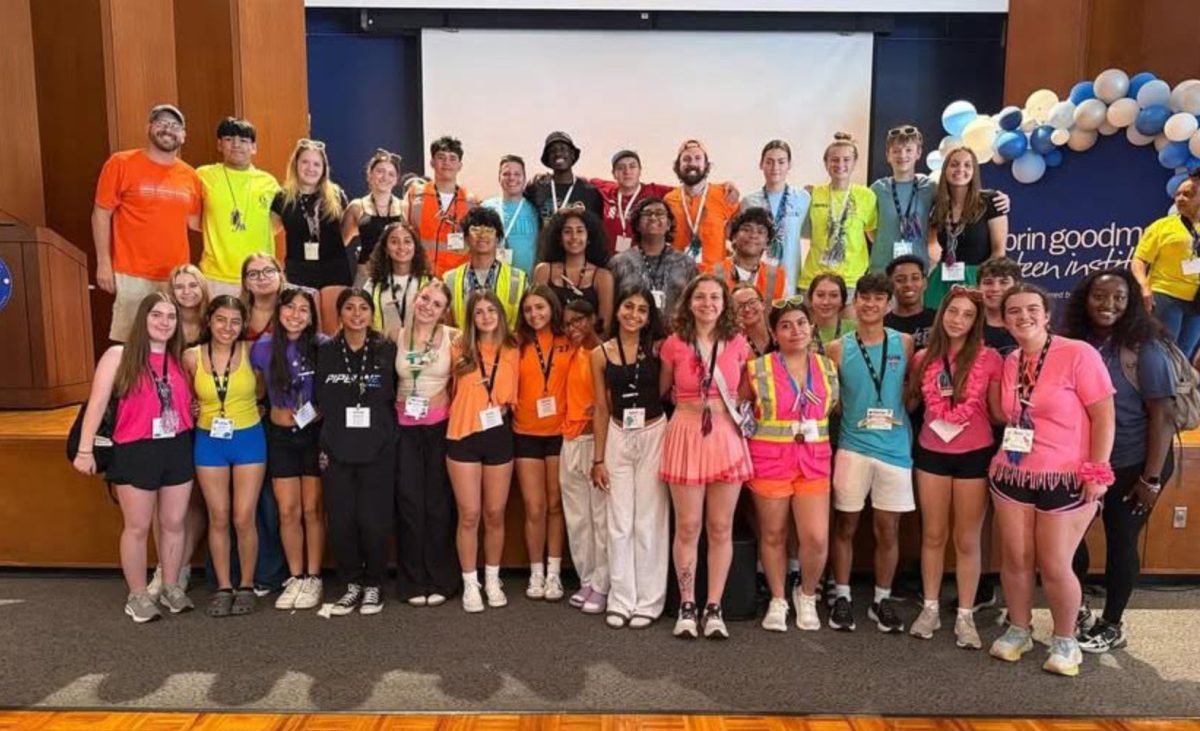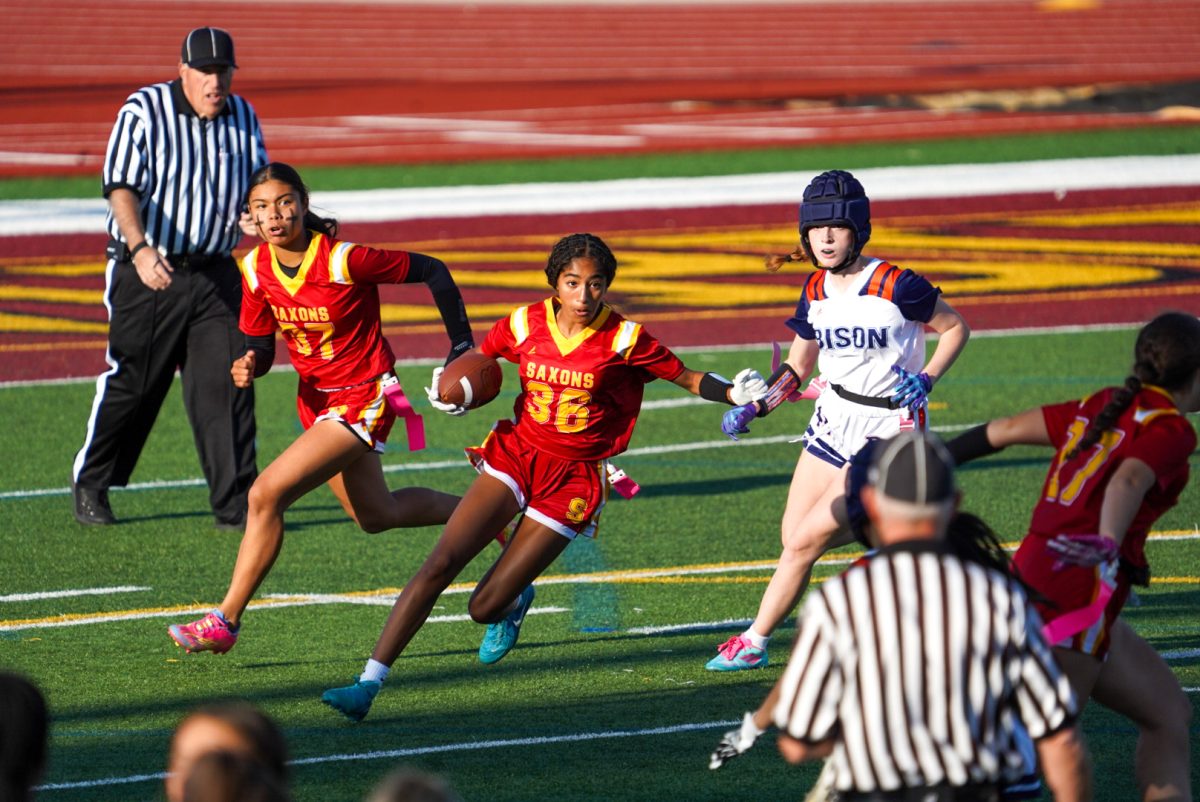The Dos and Don’ts of Remote Learning

October 15, 2020
March 13, 2020. That is when it all started. Mr. Little announces on the speakers that due to COVID 19 students will stay home for two weeks; the students are ecstatic and teachers are saying to enjoy this break and they are looking forward to seeing us in two weeks. Two weeks pass by and we are told to stay home for one more week, then inevitably we need to start learning again, so everyone starts learning online. Six months pass and we are still learning virtually. While some students may enjoy spending more time at home and shorter school hours, many are struggling to engage and to remain focused on learning through zoom meetings. According to a posting by Stanford and Ohio State, these are the Dos and Don’ts.
DO demonstrate interest by being responsive
By being responsive, students are more likely to be active with their learning. They are more focused and overall seem like they are interested in the topic. In most zoom meetings, the students have their mics and cameras off (or on their foreheads), and there are not many people who choose to participate. The students that remain active in class, however, can establish a better relationship with the teacher than the students who do not. Being responsive also leads to better communication which is crucial in times like these.
“Being responsive is a good way to hold yourself accountable and make sure you’re understanding what is being taught. If you don’t like the silence or if the same person keeps answering a question, you should jump in. Add some spice to the zoom meeting’s life,” Junior Araha Uday states.
DO demonstrate interest by being responsive
By being responsive students are more likely to be active with their learning. They are more focused and overall seem like they are interested in the topic. In most zoom meetings, the students have their mics and cameras off (or on their foreheads). There are not many people who choose to participate and the students that do can establish a better relationship with the teacher than the students who don’t. Being responsive also leads to better communication which is crucial in times like these.
“Individual initiative is more important than ever, I think. It’s up to us to reach out for extra support and make sure we’re focused. It’s harder for teachers to identify students who need help online. We are still going to receive a GPA at the end of the semester and many of us will be taking an AP exam at the end of the year,” Junior Araha Uday States.
DO dedicate time and effort to the class
Even though students get to learn in the comfort of their homes and have shorter school days, it does not mean students get less work. Just because you have the option to turn off your mic and camera does not mean you shouldn’t pay attention and blow the class off. Grades matter, and if you ever feel like you don’t understand the material, you need to get help. Students may not have the opportunity to ask a question during class, but there are many resources to help. Academic support, videos, and emailing teachers are all available to help as long as you dedicate your time and effort.
“It is especially important to dedicate time and effort to the class because now that we are in control of our time and what we do during class, it is easy to get distracted or push things off till later, which ultimately leads to low grades,” Junior Nicole Setiawan states.
DO turn in homework on time
While this one is important regardless of it being online or not, getting homework turned in is important. With everything being moved online, teachers cannot keep track of every assignment turned in by every student. Turning in the homework helps the teacher and yourself keep track of your grades. If you have to turn in homework late, notify your teacher so they are on the same page as you.
“Although it may feel like deadlines and due dates do not exist since we do not have to turn in a physical assignment, understanding that turning in homework on time during online school is equally as important as regular school is key,” Junior Nicole Setiawan states.
DON’T procrastinate
Everyone knows not to procrastinate, but everyone does it anyways. Procrastinating can cause a lot of unnecessary stress and anxiety. Trying to finish work when you have time can help lessen the stress of an already stressful school day.
“As a senior, I procrastinate pretty much every day. With school online and having to sit in the same spot for 4 hours in the morning, when it’s over your mind tends to drift wanting to forget about school. Not procrastinating is such a good habit because it releases a lot of stress but it also allows you to feel accomplished, productive, and you gain leisure time with no time limit,” Senior Kira Diaz states.
DON’T be afraid to reach out
I know ever since e-learning started, we have lost connection with our teachers. It’s hard to establish a relationship with teachers when we are communicating through screens. If you find reaching out on zoom classes to be awkward make use with emails and academic support.
“Personally I am afraid to reach out more this school year than ever. For example during a lecture if you have a question, the entire class and their screen physically are honed in on you and you only, so many thoughts go through my head, do I look okay? Is my question dumb? Will my voice crack?” Reaching out for the additional academic support is definitely worth it if you’re struggling because it makes learning more human in some way, allows you to talk to your teacher, have conversations, and give you more interpersonal communications which as humans we need,” Senior Kira Diaz says.
DON’T be late to classes
Lastly, one of the worst feelings is waking up already knowing you’re late to class. Always remember to set an alarm the night before. One thing I found helpful is to set an alarm two minutes before each period. While some teachers may be lenient towards being late, I know some are very strict with time.
“Not only is it a hassle for the teacher, but it’s also bothersome to the other students. Usually, the teacher goes over what we are doing in the class the first few minutes and it gets annoying when the teacher needs to repeat themselves just for one late student,” Sophomore Ellie Wang says.
While these are great for helping students, education is a two-way street. Here are some personal concerns I have for teachers: teachers need to check their lesson plan, check if they posted all the material the night before, and they also need to have a backup if technology fails them. We need to try and make the best out of a bad situation.























